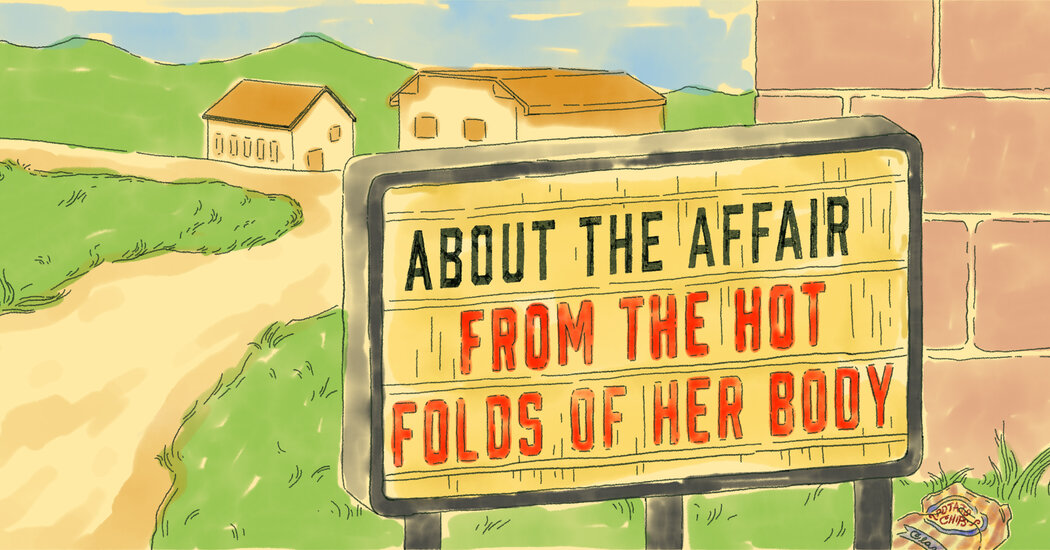HELEN OF TROY, 1993: Poemsby Maria Zoccola
In Greek mythology, Helen is the daughter of Leda, born from an egg after Leda was raped by Zeus within the type of a swan. Helen married King Menelaus of Sparta, then eloped with Paris from Troy, precipitating the 10-year Trojan Struggle as a Greek alliance fought to reclaim Helen.
In her first assortment of poems, Helen of Troy, 1993, Maria Zoccola superbly and inventively reinterpreted this mythic materials and moved it to Sparta, Tennessee, which is an actual city between Nashville and Knoxville. In doing so, she has offered a witty and insightful anatomy of small-town life and of our personal American cultural and non secular vacancy.
The prose world has seen this trick of ventriloquizing the classics in books like Madeline Miller’s 2018 novel. “Circea” concerning the sorceress who tries to maintain Odysseus on her island. However Zoccola’s undertaking was most likely extra influenced by the uncooked, working-class truth-telling of up to date poets like Diane Seuss and the antic bravado of the likes of Carol Anne Duffy, a Scottish poet whose 1999 tome The World’s Spouse presents a collection of dramatic monologues by ignored or silenced ladies of delusion and historical past: Mrs. Midas, Pontius Pilate’s spouse, Mrs. Darwin, Frau Freud, Eurydice, and so forth.
What Zoccola achieves, whereas often comical, is definitely fairly looking in his exploration of a younger Southern housewife (Menelaus is named “Massive Cheese” on this e-book) who has her first youngster, a daughter, on 21 years of age. The verses converse not solely in Helen’s voice, but in addition within the voices of a refrain of “Spartan ladies” gossiping about Helen, and even within the voice of a god who would be the inseminating swan watching over his personal daughter.
Sparta in 1993. “is split into satisfaction and disgrace, cash and types.” Ladies with “cursive lists” store at Piggly Wiggly. Helen is on the telephone together with her half-sister Clytemnestra (referred to as “Clee”) by means of “Bellsouth’s community of silver wires” and obeys the “killer squad of the dance class” and the “lord of the plie” of the daughter’s ballet faculty or the “driving the shirts/to the dry cleansing and sprucing of the rattling naugahyde, returning to “a home as quiet as a tick chunk.”
Solely by watching reruns of Cheers, Golden Women, and All within the Household can Helen sense the need of the gods and sense “some nice generational curse/working by means of the medium/on their our bodies. ” Folding laundry, Helen tells the reader, “I do not know if you happen to ever began to develop/away from your self” she displays that “I did not know I used to be human/till I finished being; one.”
Eager for pleasure, for “my title written the place it will possibly’t/go away once more,” she has her swing, her “unresolved/pornographic infamy,” however she inevitably returns house (asking the cab to cease at mile exterior town ) and notices once more absolutely the ordinariness of what she escaped, McDonald’s and Wendy’s and Chuck E. Chees, the Pilot fuel station, and the “dandelions poking by means of tins/chava” on the facet of the highway. Her disgrace is combined with defiance: she is going to proceed to “search/within the threads of the world for a narrative I like higher/than the one I am telling.”
Homer’s Odyssey begins, as translated by Robert Fagles, “Sing to me of the person, Muse, the person of twists/turned repeatedly off target after he had plundered/the sacred heights of Troy.” Close to the tip of Zoccola’s e-book we discover a totally different invocation: “gods of the previous worlds, gods of our worlds: I am making an attempt to let you know/vital issues, issues that occurred, rising hours/with claws and tooth.” Time is certainly a wild presence amid the ravages of a “working metropolis./valley you permit while you develop up,” and being thrown off target—for instance, with a stranger asking if you happen to’ve ever been up north—is the one various to gradual non secular destruction.
By the point she addresses the gods, Helen is now not talking for herself, however for a gaggle of girls who need
nothing huge, nothing fancy, nothing extra
than our due: one sunny web page of the calendarand shiny sand, alcohol-dark sea that stretches out in music
we will not sing however we have been buzzing all our lives.
Helen of Zoccola was in a position to be part of her legendary ancestor.
The writer’s supplies invoice this e-book because the product of somebody who’s “not the product of an elite MFA program, however an avid reader, author, and educator devoted to his craft,” as if these two phrases have been mutually unique. The publicity additionally contains the now-obligatory nod to the “formally accomplished” nature of the gathering, though Zoccola’s poems are pure free verse and the e-book’s distinction isn’t in kind however in voice.
That and fascinating her reader. As she lists her needs throughout being pregnant, Helen exclaims, “trisquities, I inform him./carry me birdseed, eggshells, and chunks of ice.” Her vexation and anxiousness are our personal.
HELEN OF TROY, 1993: Poems | By Maria Zoccola | Scribner | 78 p. | Paperback, $18

